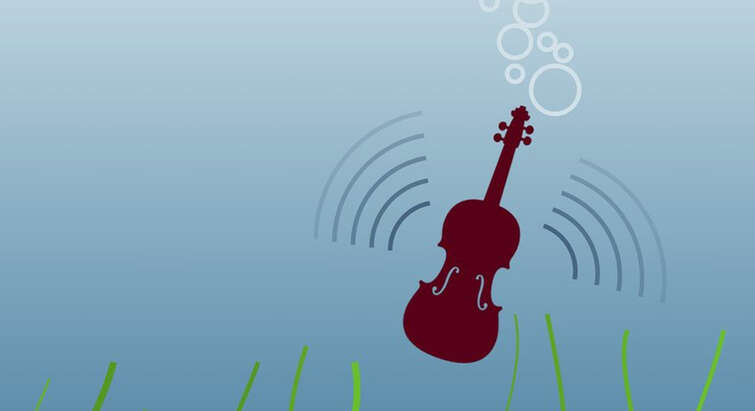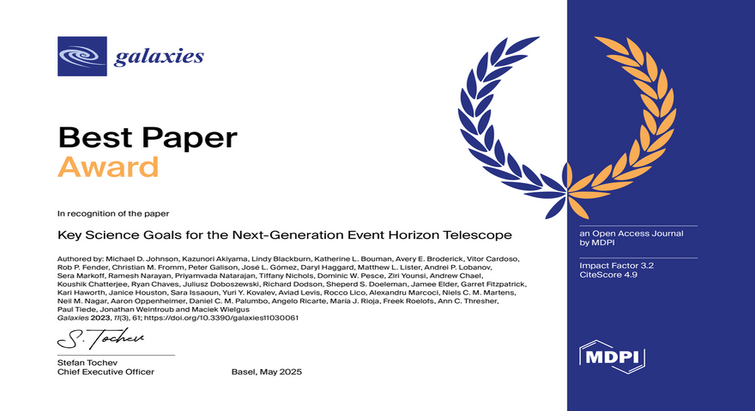
News about Physics
Viser 73 til 96 af 1493 dokumenter.

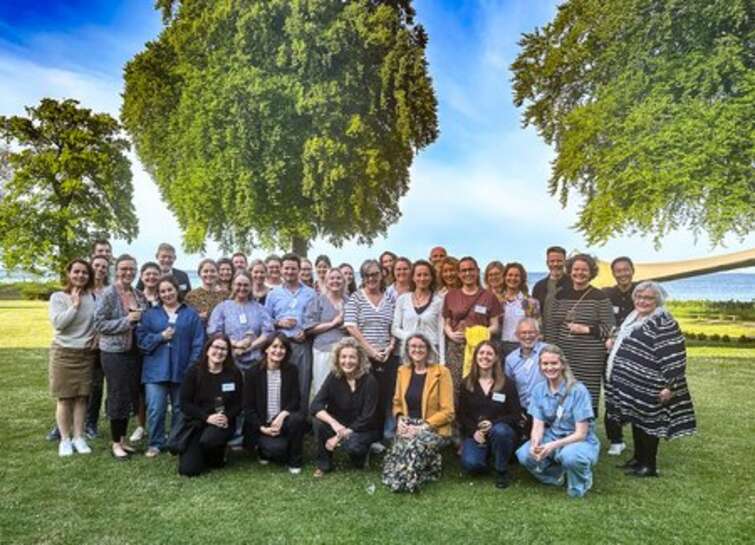
Center Coordinator retreat 2025
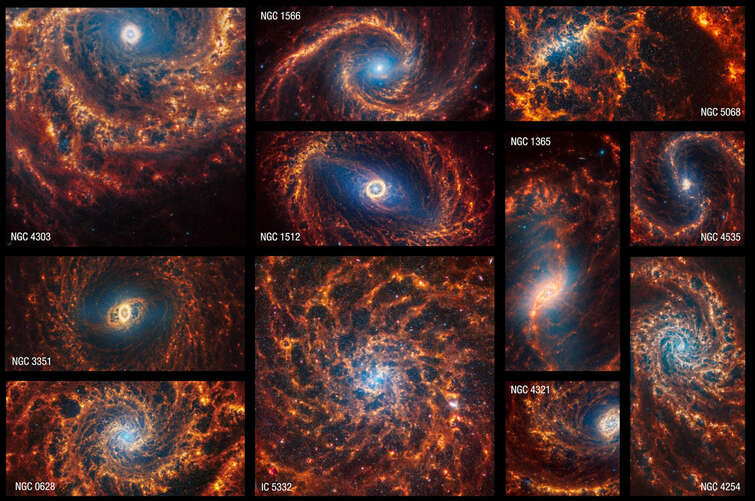
Galactic dust reveals hidden patterns in stunning new images from James Webb
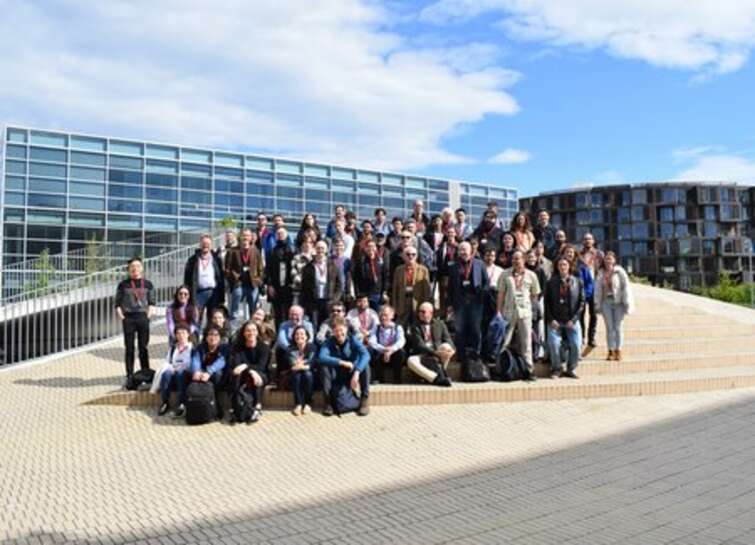
The 5th Scandinavian meeting on gravitational-wave science
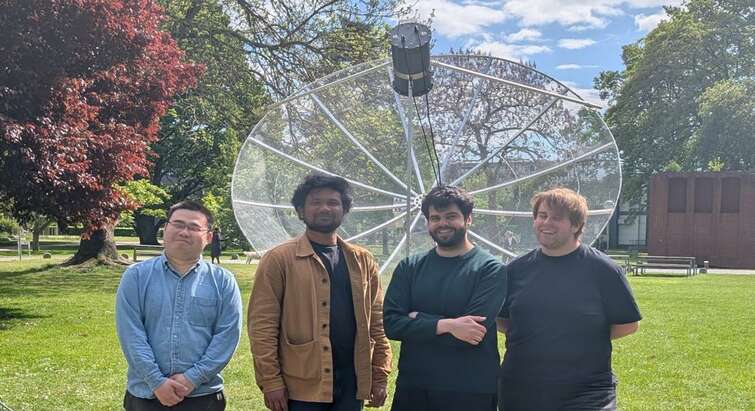
First light from student-built radio telescope

Charlotte Fløe Kristjansen receives Villum Investigator Grant

Boosting high-frequency gravitational wave and ultralight dark matter searches
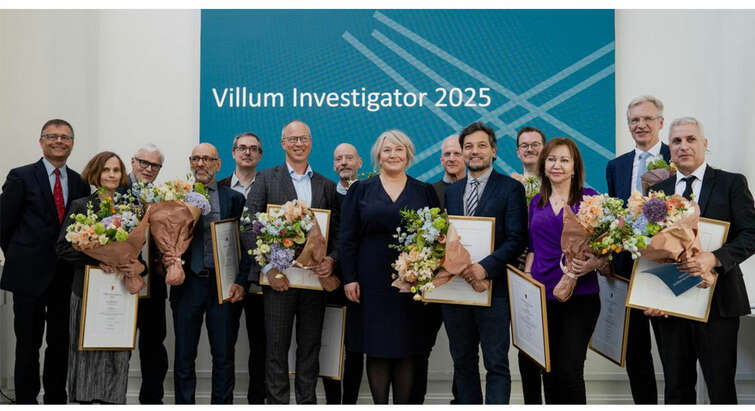
Top Researchers Receive Multi-Million DKK Grants from Villum Foundation

Firuza Foundation Fellowship to NBIA
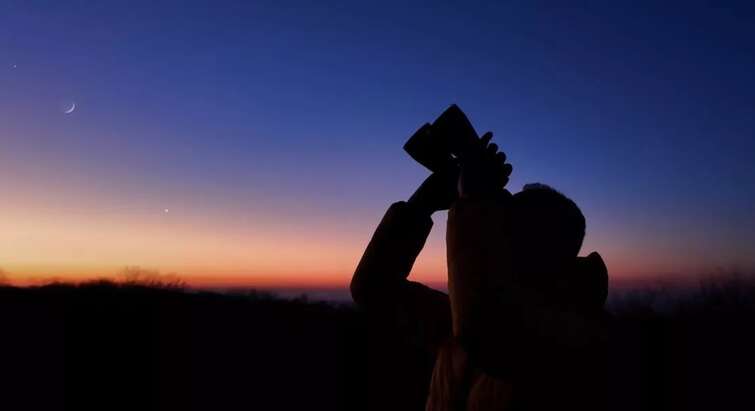
Look up in May
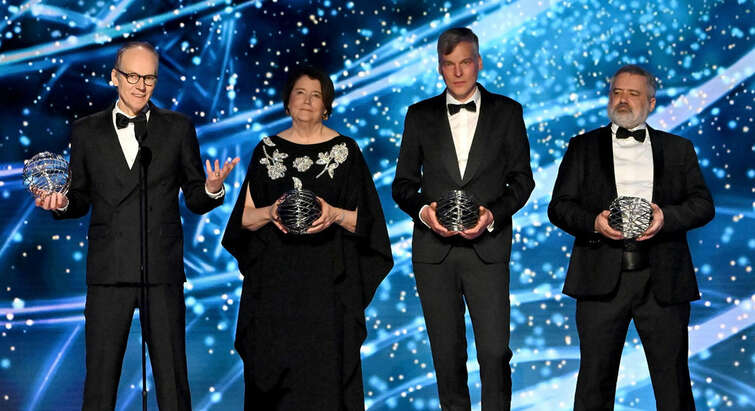
Breakthrough Prize in Fundamental Physics to CERN LHC experiments
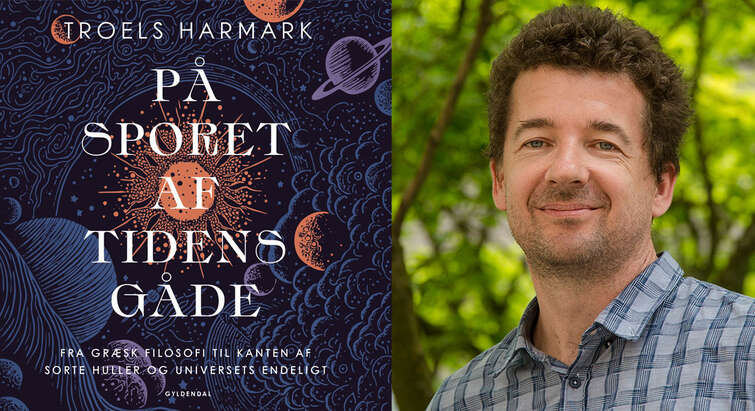
On the Trail of the Mystery of Time – New Book on Time for Non-Physicists

Staff Picks on Wolfram Community

Cosmic whispers made LOUD by intervening matter

Johan Samsing recieves 2025 MERAC Prize

Quantum Sensing
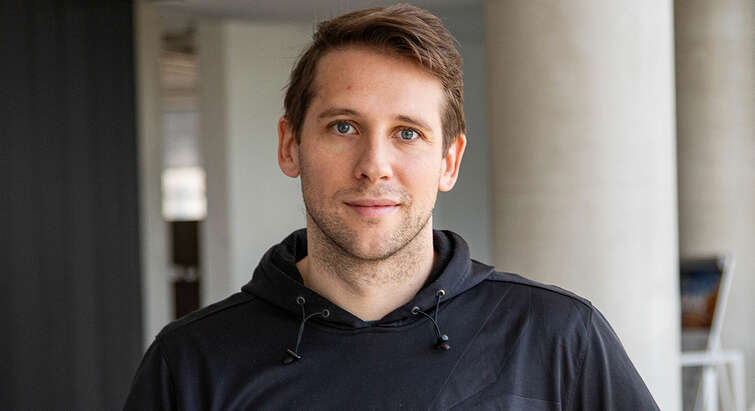
Kasper Elm Heintz among Berlingske’s Top 100 Talents

Strong field gravity in India

Hajime Inaba visiting from Japan
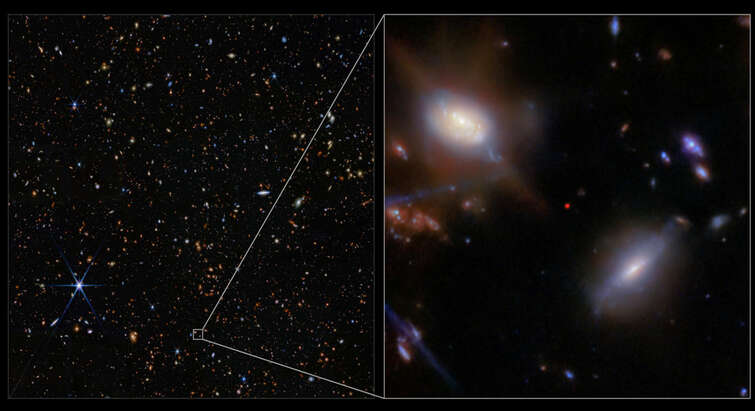
James Webb discovers earliest sign of the Universe becoming transparent

János Takátsy and Lorenz Zwick receive EU MSCA Fellowships

Gravitating Gestures

Photography Competition at STRONG
